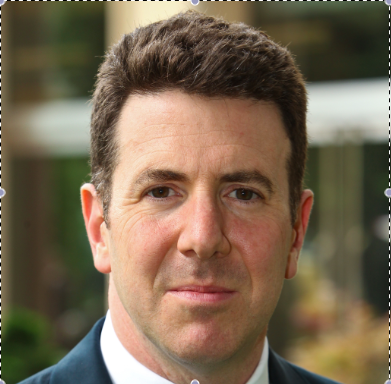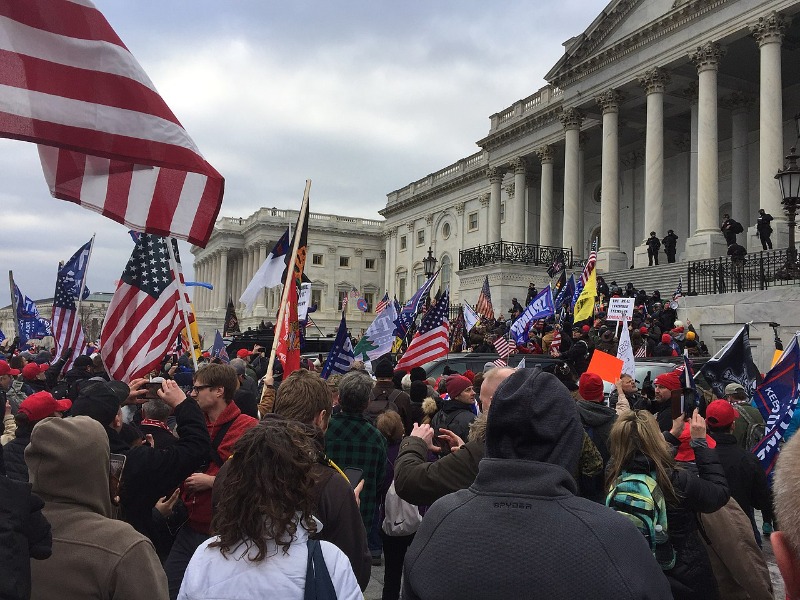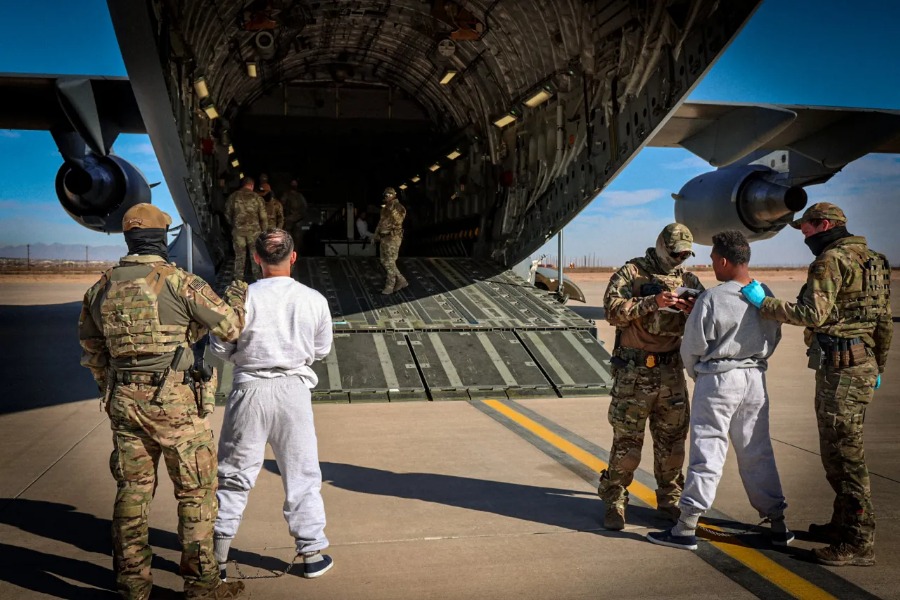Five Initial Thoughts on the New Zealand Terrorist Attack
This post originally appeared on Order from Chaos.
Published by The Lawfare Institute
in Cooperation With

This post originally appeared on Order from Chaos.
The terrorist attacks on the Al Noor and Linwood mosques in New Zealand, which so far have killed 49 people and led to dozens more injuries, are only the latest in anti-Muslim right-wing violence that is plaguing many democracies around the world. The terrorist was apparently an Australian who traveled to New Zealand to send a message to Muslim migrants that no place is safe.
We should be careful about rushing to judgment on any of the particulars as some of our initial information is undoubtedly wrong, and so much is incomplete. However, here are some of my initial thoughts as we learn more about this horrific violence.
First, words have consequences. The demonization of Muslim communities, often by politicians who later act shocked and angry when violence occurs, contributes to societal polarization and inspires violence. Britain’s Boris Johnson offered the traditional “thoughts and prayers” after the attack, but had previously written that women dressed in a burqa look like “bank robbers.” Incredibly, after the shooting, right-wing Australian senator Fraser Anning claimed, “The real cause of bloodshed on New Zealand streets today is the immigration program which allowed Muslim fanatics to migrate to New Zealand in the first place.” Terrorists feed on this polarization and seek to worsen it.
Second, security services and government institutions must prioritize white nationalist and other forms of right-wing terrorism. In the United States, right-wing violence has grown, with Jews and Muslims in particular being targets. The Trump administration has cut programs focusing on right-wing groups even amid a growing threat. Given the recent decline in jihadi violence in the United States, transferring some resources is appropriate. Similarly, ensuring immigrant integration is vital. In contrast to Europe, the American Muslim community regularly cooperates with law enforcement. Ideally, the president would press state and local officials to continue and expand their work with Muslim communities, not just to stop radicalism in their ranks but also to protect them from right-wing extremists.
Third, leadership can matter in a crisis, particularly when backed with action. Prime Minister Jacinda Ardern’s immediate declaration about the Muslim victims—“they are us”—is an excellent beginning and shows how a leader can use a tragedy to bring a reeling country together. To go beyond rhetoric, Ardern should ask New Zealanders to accept more Muslim migrants to show that violence not only fails but will backfire.
Fourth, social media companies need to treat right-wing terrorism with the same seriousness they treat jihadi violence. The gunman posted apparently links to a right-wing manifesto on 8chan and Twitter, used a helmet camera to livestream his attack via Facebook, and otherwise exploited social media to spread the word. To their credit, most of the major companies are working hard to take down the content and prevent it from spreading. But this is not enough. The major companies have a robust set of policies in place to try to take down and limit jihadi content: Similar methods need to be employed for other, equally lethal, forms of hate like anti-Muslim, racist, and anti-Semitic violence. Countermessaging programs that divert users from violent content to messages that question and undermine hatred, such as the one Jigsaw and its partners designed for the Islamic State, should also be applied in a white nationalist context.
Finally, many forms of right-wing terrorism are international terrorism, drawing on international networks, ideas, and personalities from around the world. An Australian traveling to New Zealand to attack mosques is one example. Moreover, that Australian drew on the radical ideas and actions of Norwegian Anders Breivik. He also claimed to admire President Trump “as a symbol of renewed white identity and common purpose” and in particular Black Lives Matter critic Candace Owens. Similarly, neo-Nazi groups like the Atomwaffen Division have international chapters. As Mary McCord and Jason Blazakis argue, the international connections allow the United States to designate it as a foreign terrorist organization and use this legal power to try to uproot the organization. The domestic-foreign distinction should not be a barrier to understanding or action.
Correction: An earlier version of the piece incorrectly stated that Fraser Anning is a senator from New Zealand. In fact, he is an Australian senator. (Last updated March, 15 2019 at 10:35 a.m.)





